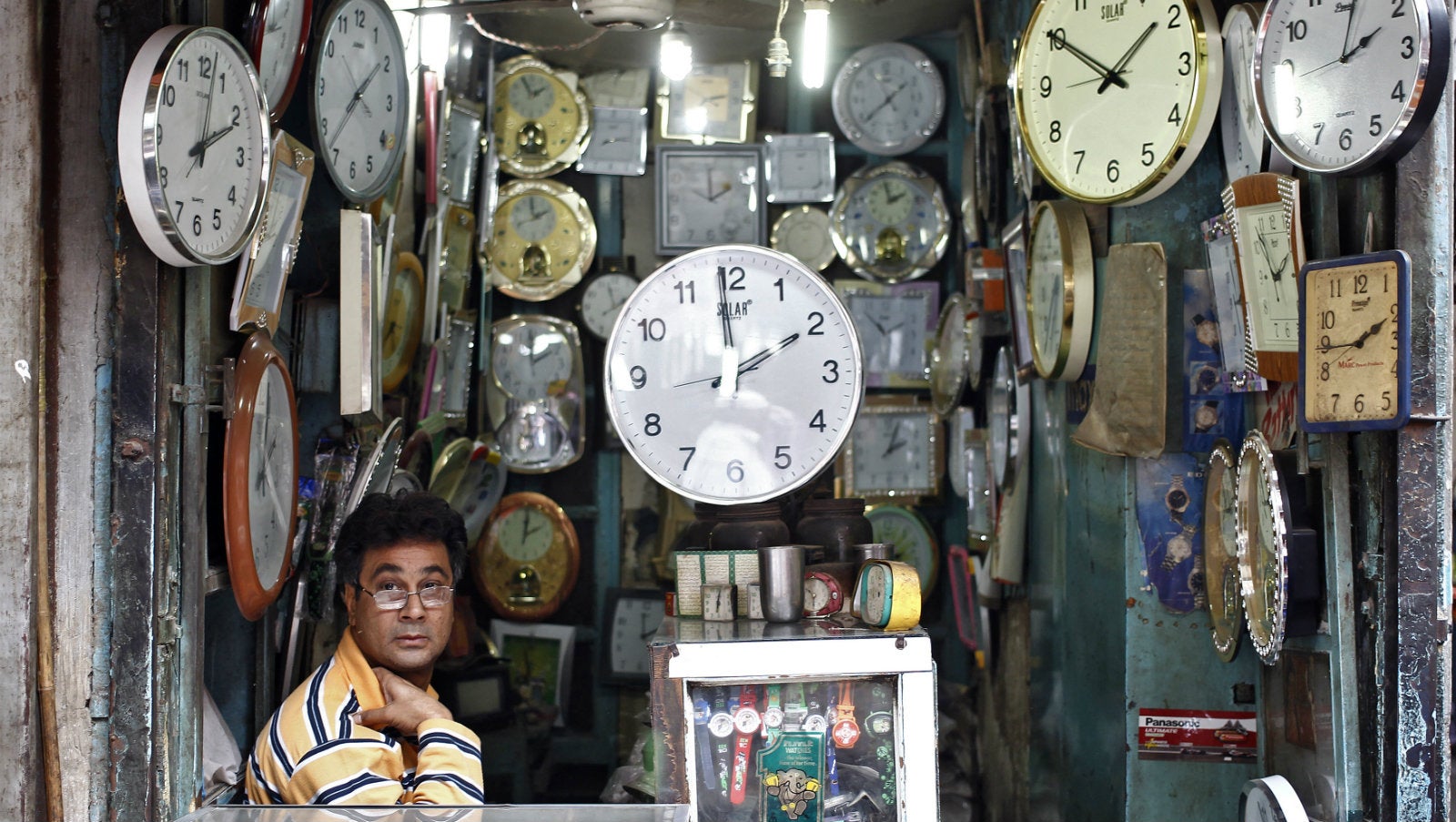India’s “other” startups that no one really cares about
Indian startups have had a good run with funding in the recent past.


Indian startups have had a good run with funding in the recent past.
But there’s another group of entrepreneurs that is desperate for funds yet starved of it.
These businesspersons are not on the radar of the adventurous venture capitalists or the crystal-ball gazing private equity players. Neither do they carry the IIT-IIM tags nor do they boast Silicon Valley pedigrees.
Yet, they employ 111.4 million in Asia’s third-largest economy.
These are India’s traditional, non-glamorous entrepreneurs: jewellers, restaurateurs, weavers, and book-sellers, among others. They control the micro, small, and medium-sized enterprises (MSMEs) spread all over rural and urban India.
These entrepreneurs still depend on personal or family wealth for finance, rather than on formal channels such as banks, a new study that surveyed 85 MSMEs—mostly located in Bengaluru—has found.
Banks seek a collateral against loans, which these entrepreneurs often cannot provide and venture capital is mostly meant for hi-tech, disruptive startups.
Currently a working paper (pdf) with the Tokyo-based Asian Development Bank Institute, the study was conducted by two professors at the Indian Institute of Management (IIM), Bangalore.
While most tech startups, too, rely on money from family and friends or even personal savings as seed capital, successive funding rounds tend to get easier, unlike for MSMEs.
Education is key here. For instance, a study conducted by YourStory, a startup news website, showed that 60% of the series A funding raised by startups in a two-month period in 2015 went to those founded by alumni of the elite Indian Institutes of Technology (IITs) or IIMs.
The founders of many MSMEs, on the other hand, may not even be graduates.
Small but crucial
While the paper considers very small businesses, typically with investments of up to Rs10 crore ($1.5 million), they are a crucial part of the Indian economy. Besides the over 110 million jobs they have created, such firms in the manufacturing sector contribute 7.7% of the Indian GDP while those in the services sector contribute 27.4%, the paper said.
The businesses that were studied belonged to different stages of the life-cycle: startup, survival, growth, and sustenance.
Each stage had its own peculiar set of challenges. For instance, businesses in the startup stage often find it difficult to provide a collateral and don’t have adequate knowledge of available schemes. “Enterprises also felt that high service fees for loan requests and difficulty in completing required documentation were challenges,” the study said. Firms in the growth stage said they find interest rates high.
While the Indian government and the Reserve Bank of India (RBI) have encouraged banks to lend to these small entrepreneurs, and even introduced specific schemes, the reality is different. The RBI has also included micro and small enterprises in the priority sector, making it a must for banks to cater to them.
However, it’s a long way before India’s traditional entrepreneurs could avail easy funding.